Baseboard Heater Replacement Costs
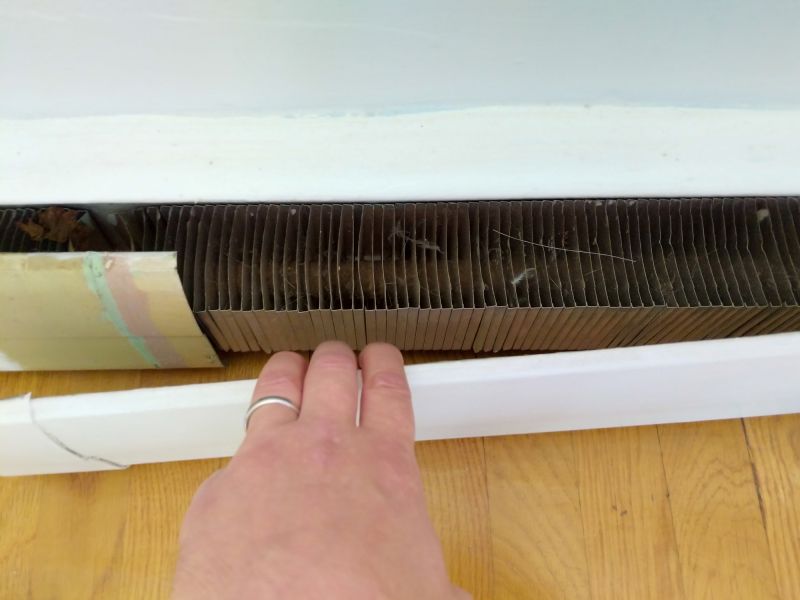
Different heater materials and designs influence replacement costs, with metal and electric models varying in price.
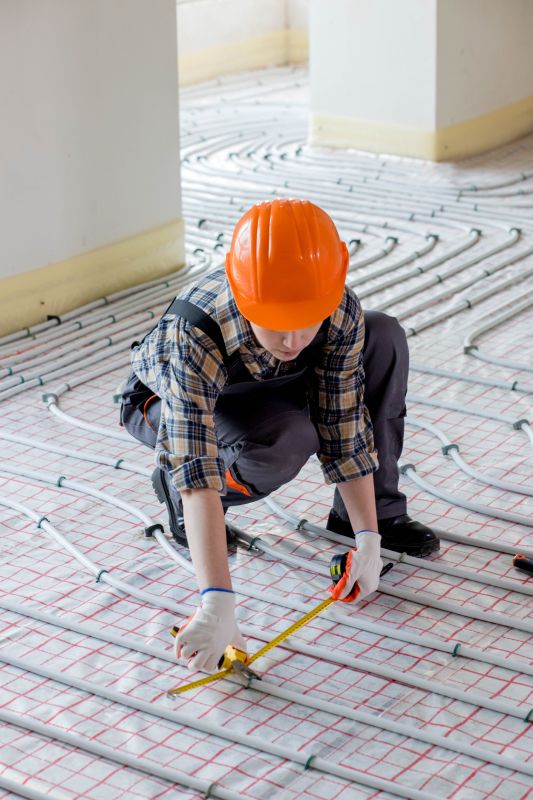
The complexity of access and existing infrastructure can affect labor costs during replacement.
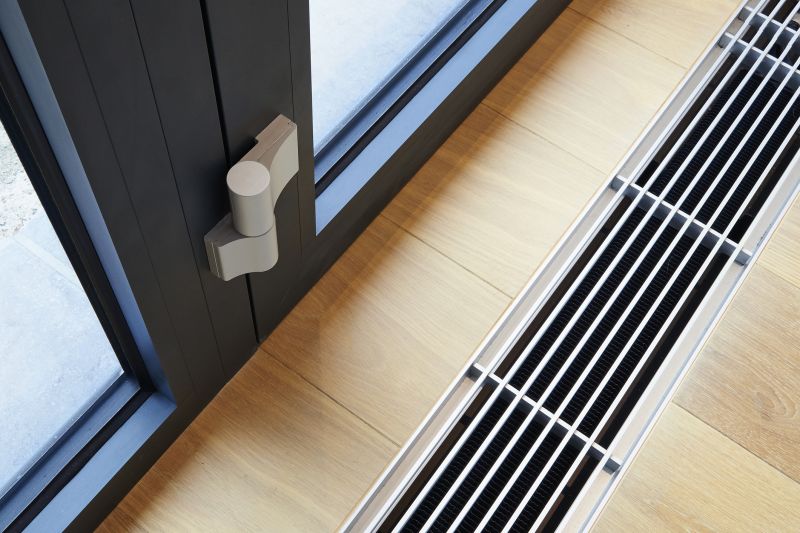
Larger properties or multiple units increase overall expenses due to quantity and labor involved.
| Factor | Impact on Cost |
|---|---|
| Heater Type | Electric baseboard heaters tend to be less expensive upfront than hydronic (hot water) models. |
| Installation Complexity | Difficult access or need for electrical upgrades increases labor costs. |
| Property Size | Larger spaces require more units, raising overall expenses. |
| Material Quality | Higher quality materials can increase initial costs but may offer better durability. |
| Existing Infrastructure | Existing wiring or piping can reduce installation time and costs. |
| Location | Regional labor rates influence overall pricing. |
| Brand and Model | Premium brands or models with advanced features cost more. |
| Permitting and Inspection | Additional fees for necessary permits can add to total expenses. |
The cost of replacing a baseboard heater varies based on the type and complexity of installation. Electric models generally have lower initial costs but may incur higher energy expenses over time. Hydronic systems, which use hot water, tend to be more expensive initially due to their complexity but can offer more consistent heating and efficiency. Labor costs are influenced by accessibility, existing infrastructure, and regional pricing standards. Proper assessment of these factors ensures accurate budgeting and planning for heater replacements.
Additional costs may include electrical upgrades, permits, or modifications to existing heating systems. The size of the property and number of units directly impact the total expense, with larger or multi-zone systems requiring more extensive work. Selecting high-quality heaters can increase upfront costs but may reduce maintenance and replacement frequency, providing long-term value.
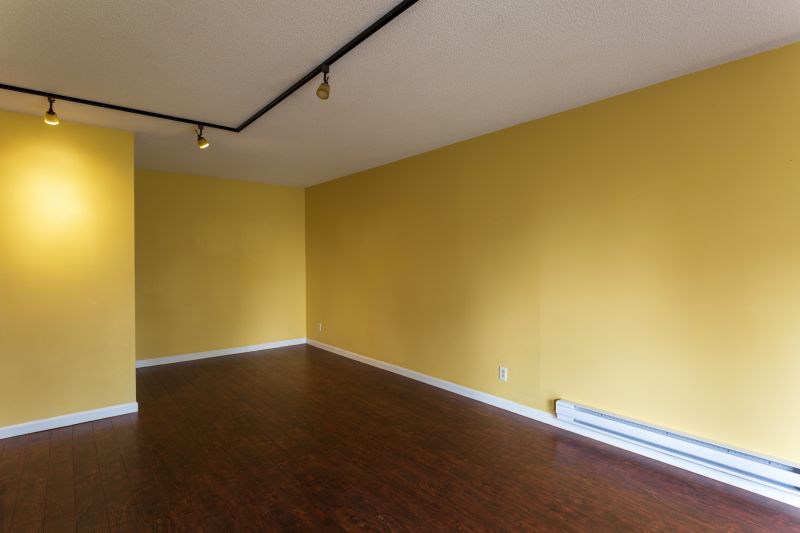
Replacement costs for electric heaters depend on wattage and design, with higher wattage units costing more.
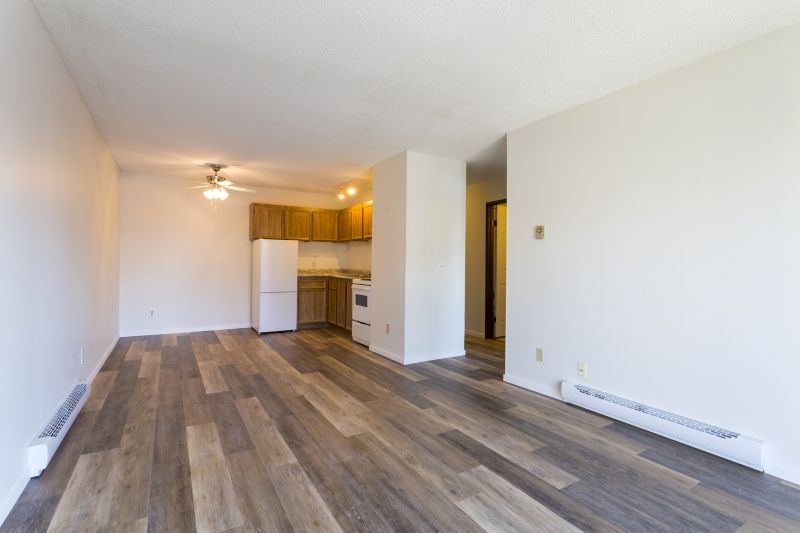
Hydronic systems involve plumbing and boiler integration, which can significantly influence installation costs.
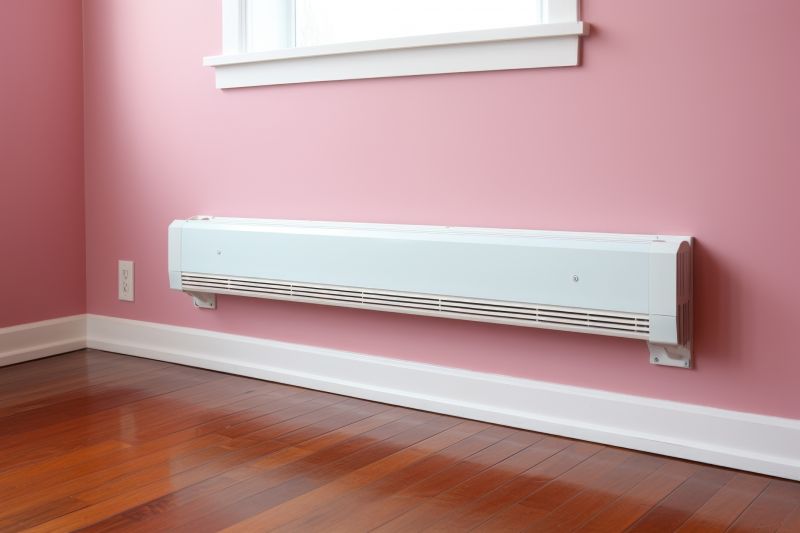
Upgrades or repairs to wiring are necessary for electric heater replacements, affecting overall expenses.
| Service | Average Price Range |
|---|---|
| Electric Baseboard Heater Replacement | $300 - $700 per unit |
| Hydronic Baseboard Heater Replacement | $1,200 - $2,500 per unit |
| Electrical System Upgrade | $500 - $2,000 |
| Thermostat Replacement | $100 - $250 |
| Heater Repair and Maintenance | $150 - $400 |
| Ductwork Adjustment | $200 - $1,000 |
| Permitting and Inspection | $50 - $200 |
| Zone Control System Installation | $800 - $2,000 |
| Custom Installations | $1,000 - $3,000 |
| Old Heater Removal | $100 - $300 |



